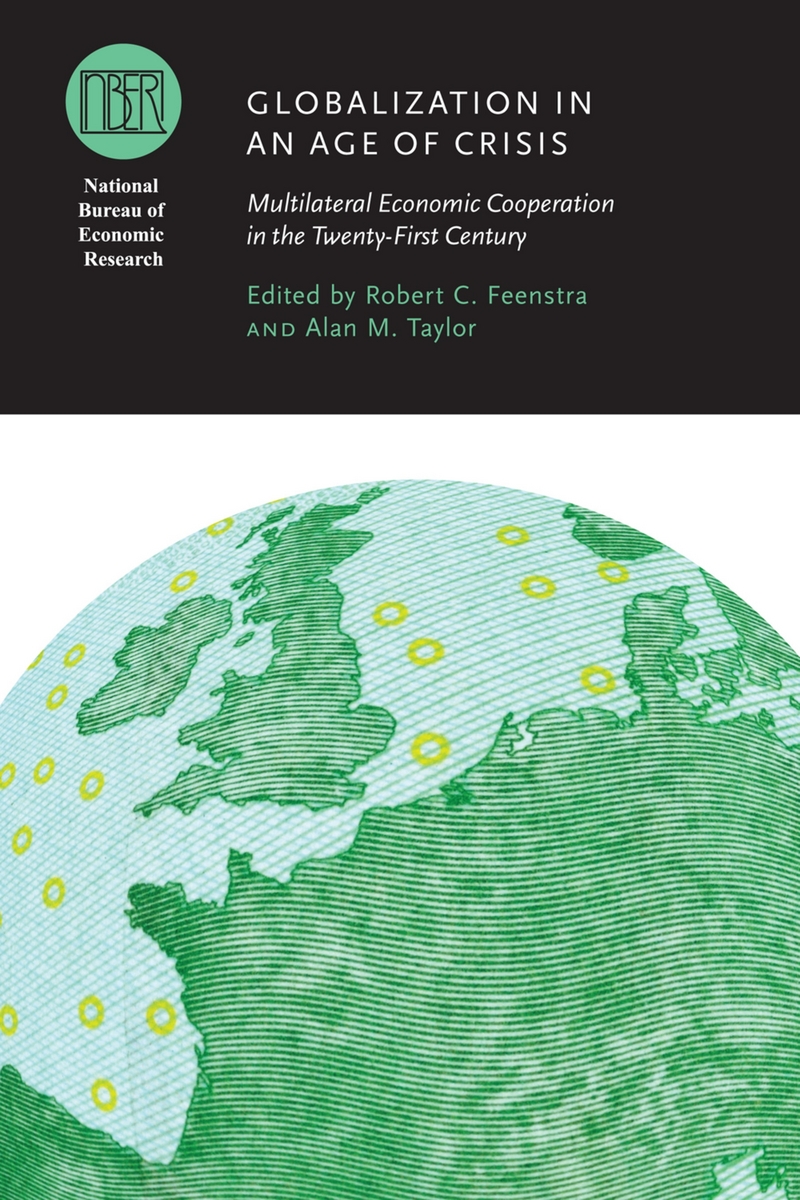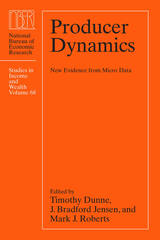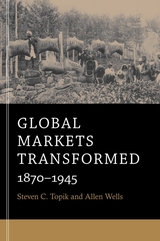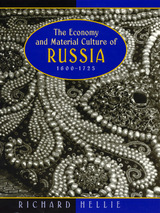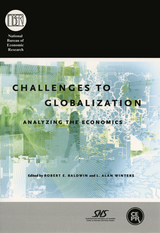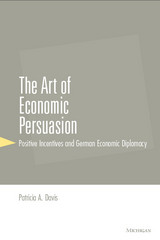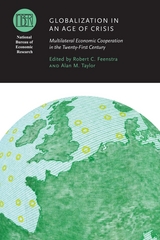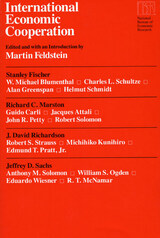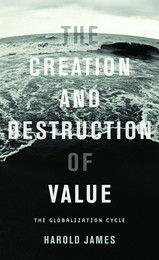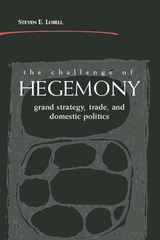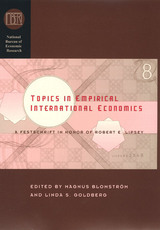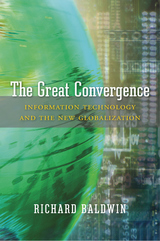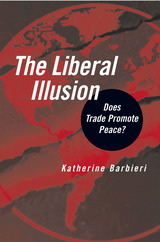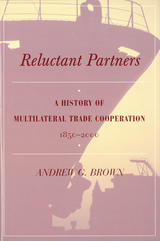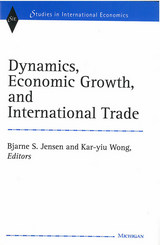Globalization in an Age of Crisis: Multilateral Economic Cooperation in the Twenty-First Century
University of Chicago Press, 2013
Cloth: 978-0-226-03075-3 | eISBN: 978-0-226-03089-0
Library of Congress Classification HF1359.G5857 2014
Dewey Decimal Classification 337
Cloth: 978-0-226-03075-3 | eISBN: 978-0-226-03089-0
Library of Congress Classification HF1359.G5857 2014
Dewey Decimal Classification 337
ABOUT THIS BOOK | AUTHOR BIOGRAPHY | TOC | REQUEST ACCESSIBLE FILE
ABOUT THIS BOOK
Prompted by these questions, Robert C. Feenstra and Alan M. Taylor have brought together top researchers with policy makers and practitioners whose contributions consider the ways in which the global economic order might address the challenges of globalization that have arisen over the last two decades and that have been intensified by the recent crisis. Chapters in this volume consider the critical linkages between issues, including exchange rates, global imbalances, and financial regulation, and plumb the political and economic outcomes of past policies for what they might tell us about the future of the global economic cooperation.
Along with its painful economic costs, the financial crisis of 2008 raised concerns over the future of international policy making. As in recessions past, new policy initiatives emerged, approaches that placed greater importance on protecting national interests than promoting international economic cooperation. Whether in fiscal or monetary policies, the control of currencies and capital flows, the regulation of finance, or the implementation of protectionist policies and barriers to trade, there has been an almost worldwide trend toward the prioritizing of national economic security. But what are the underlying economic causes of this trend, and what can economic research reveal about the possible consequences?
Prompted by these questions, Robert C. Feenstra and Alan M. Taylor have brought together top researchers with policy makers and practitioners whose contributions consider the ways in which the global economic order might address the challenges of globalization that have arisen over the last two decades and that have been intensified by the recent crisis. Chapters in this volume consider the critical linkages between issues, including exchange rates, global imbalances, and financial regulation, and plumb the political and economic outcomes of past policies for what they might tell us about the future of the global economic cooperation.
See other books on: Crisis | Economics & Trade | Finance | International economic relations | Twenty - First Century
See other titles from University of Chicago Press
